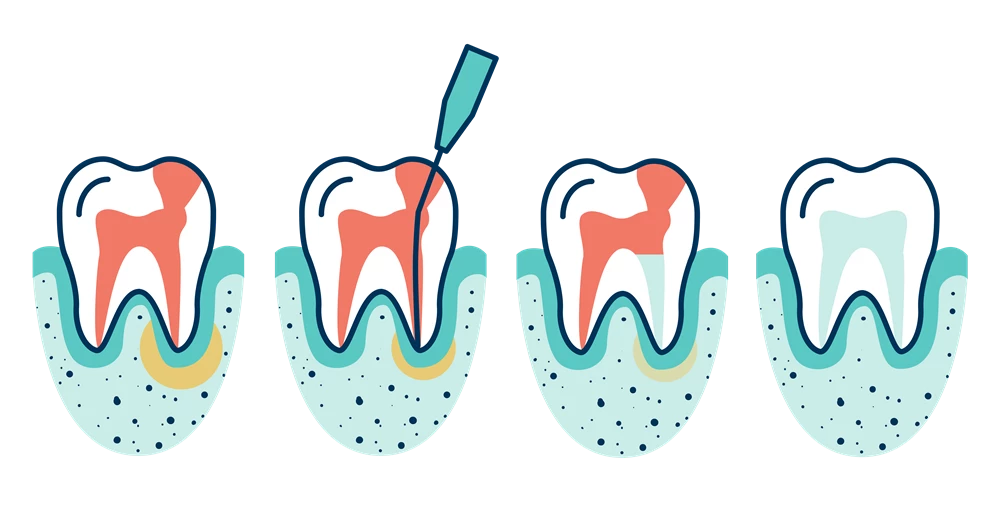TREATMENTS
Sedation
For patients who are prone to nervousness, sedation may prove to be a viable option. This method can aid in promoting a more relaxed state during dental treatment. It is typical to feel some degree of apprehension when visiting the dentist. Thankfully, our dentists are equipped with various methods to help you feel more at ease during treatment. Sedation is one of the most effective techniques used to alleviate anxiety during dental procedures. Patients frequently opt for sedation during complicated dental procedures or surgeries such as wisdom tooth extraction or dental implantation.
What is It?
The process of sedation entails administering a sedative agent to promote a tranquil and peaceful state during the medical procedure. Although patients remain conscious and can respond to verbal cues, the treatment induces a state of relaxation, and many individuals have no memory of the experience. To ensure patient comfort, we provide three distinct forms of sedation in conjunction with the use of a local anesthetic.
Nitrous oxide gas is inhaled during inhalation sedation to lessen pain sensitivity. ‘Laughing gas’ or ‘happy gas’ is a term used to describe the substance that lowers anxiety.
- During the operation, patients are awake and able to cooperate.
- The effects of treatment fade away pretty rapidly.
- Rarely are there any negative aftereffects

Oral sedation is a sedative that is administered in a tablet or liquid form. It’s usually taken an hour before your appointment at the surgery.
- Lasts 2 to 6 hours
- Patients usually have little memory of the treatment once completed
- For safety reasons, patients must have somebody collect them and take them home after their appointment
Intravenous, or IV sedation, involves a small injection of a sedative into your arm. Soon after the injection, you will start to feel drowsy but very relaxed.
- The level of sedation is more predictable than oral sedation
- Patients will remain conscious throughout the treatment but have reduced anxiety and usually have little memory of their treatment
- For safety reasons, patients must have someone to collect them and take them home after their appointment.










